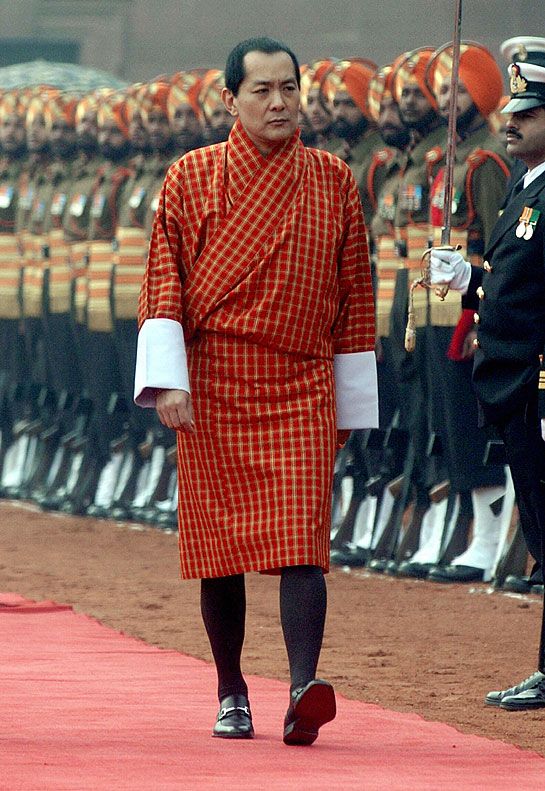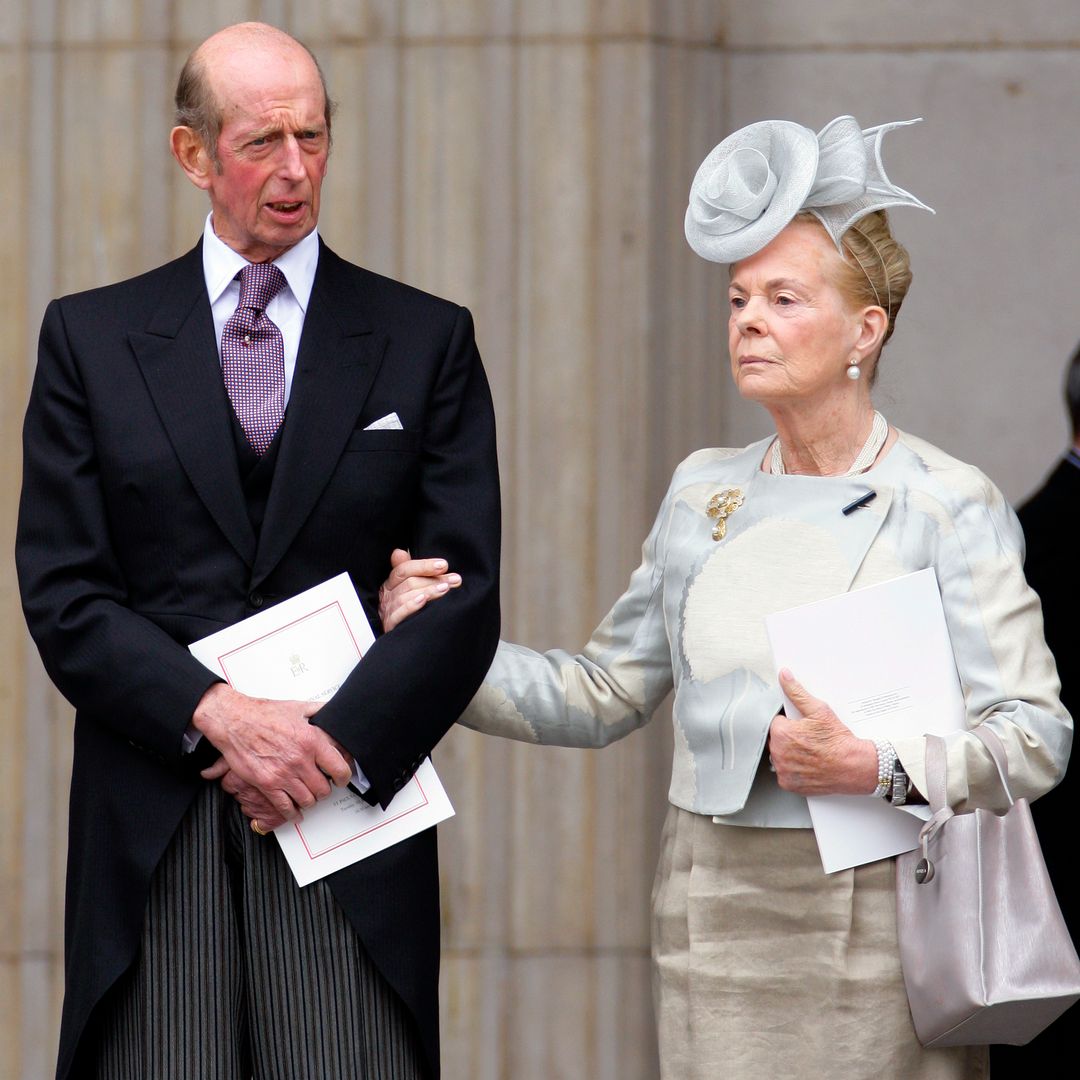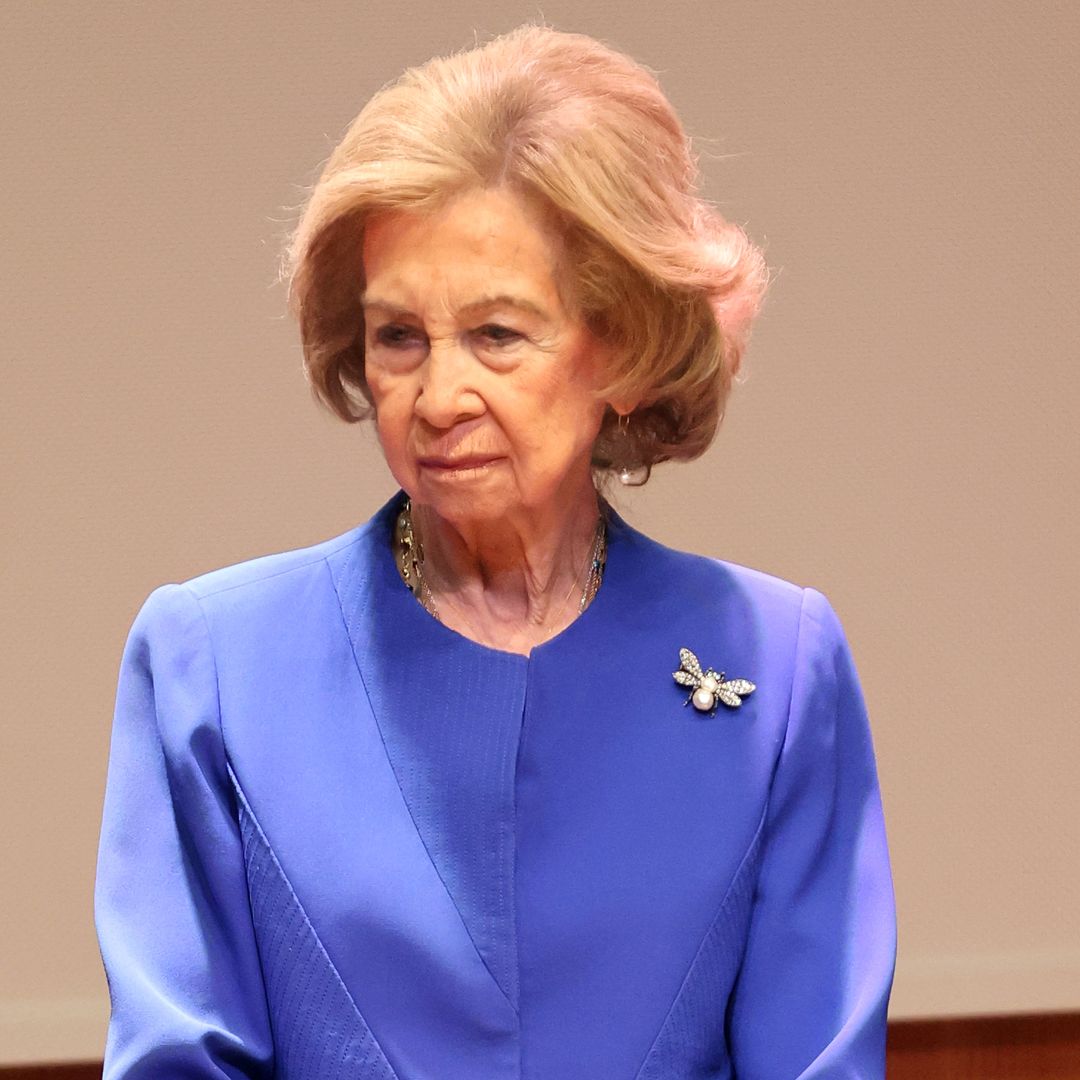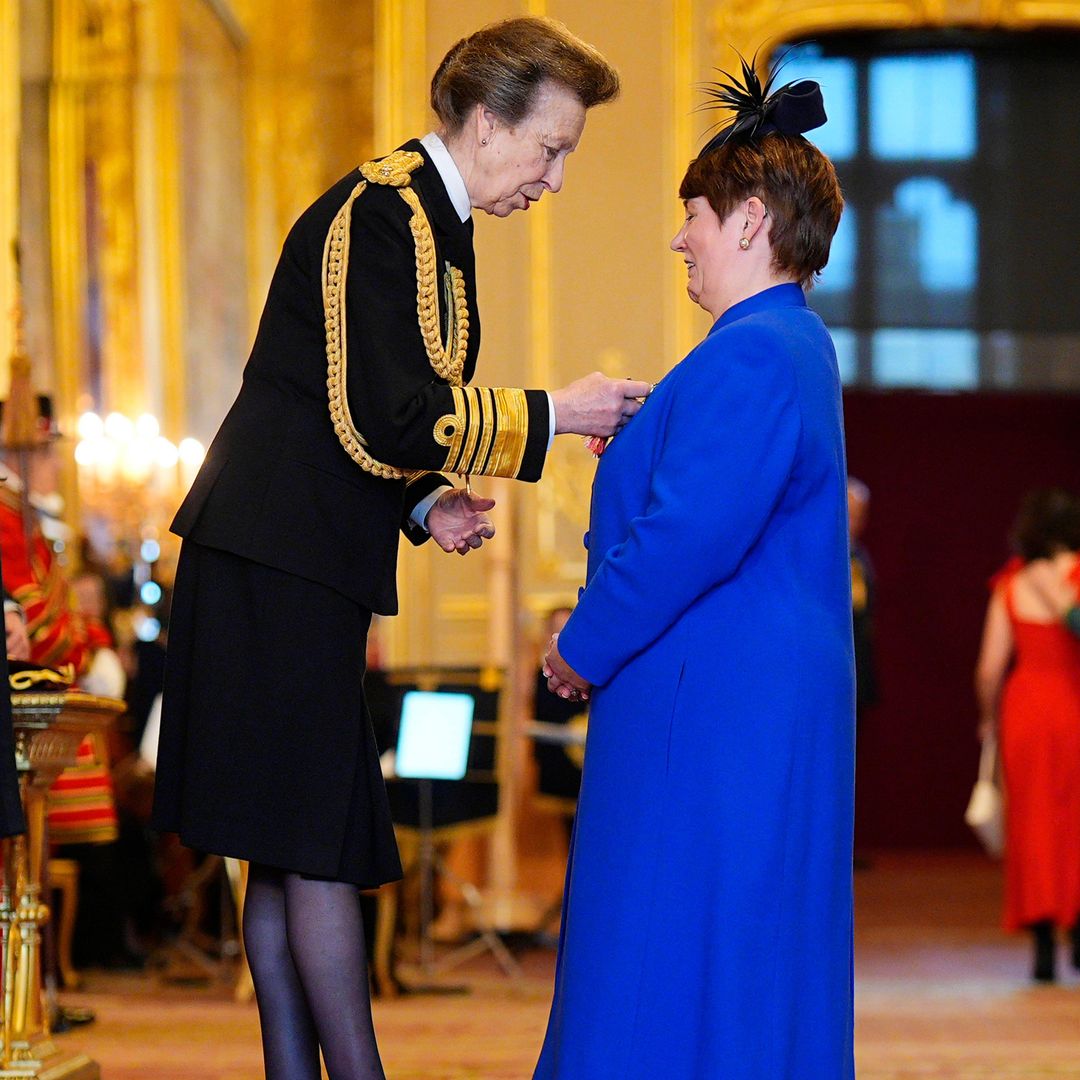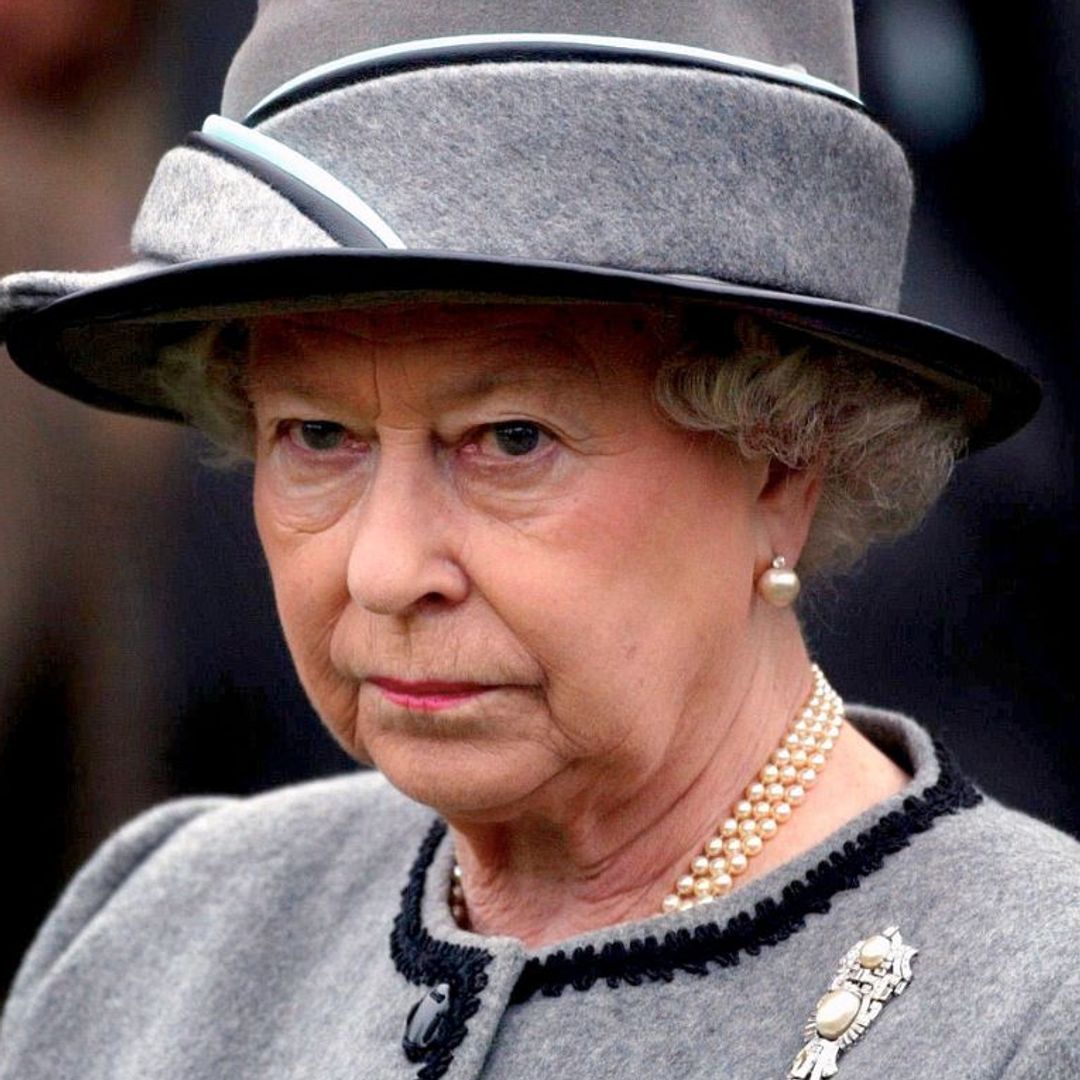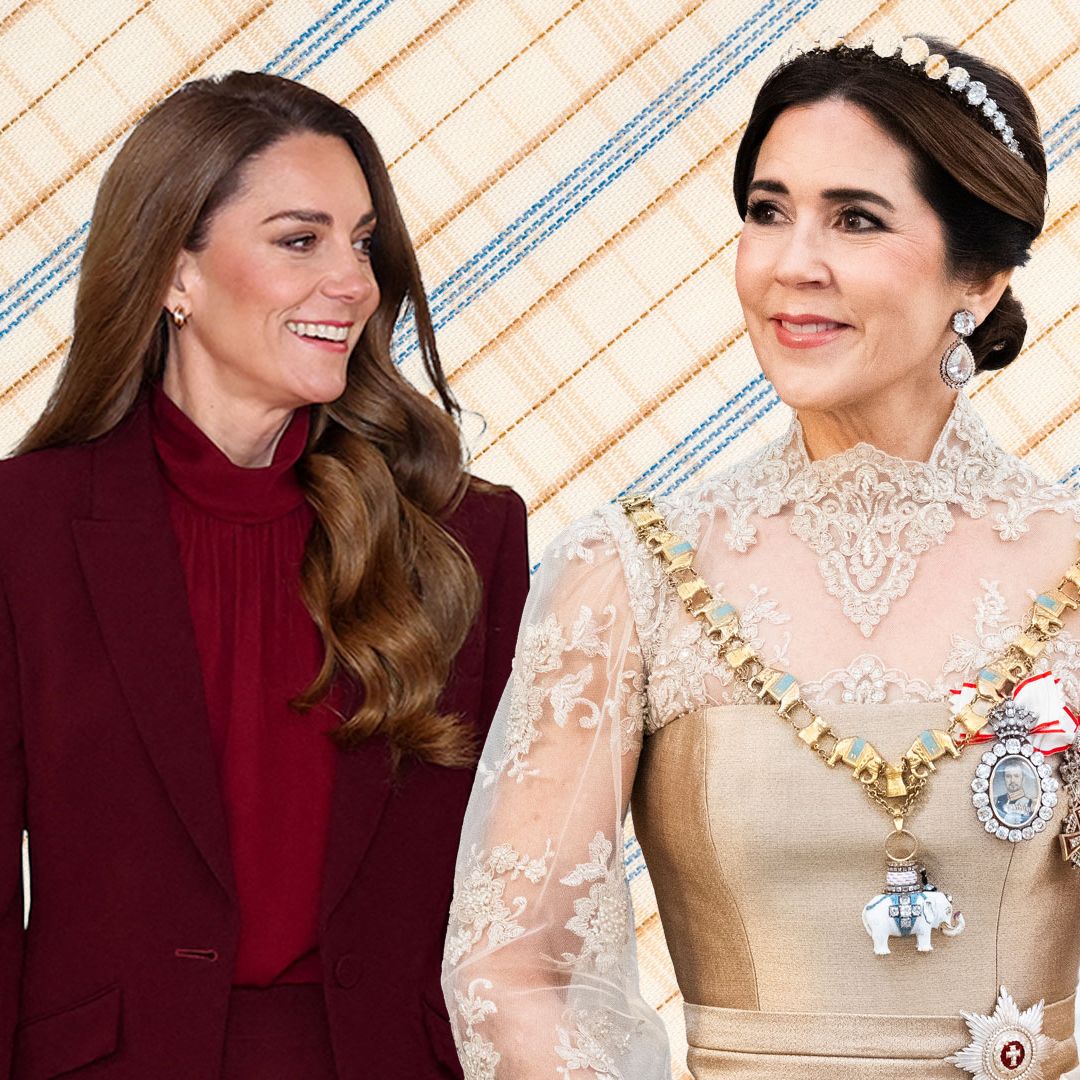The King of Bhutan has found himself facing a conundrum that most political leaders can only dream of. His Majesty Jigme Singye Wangchuck, who has spent the last 30 years working hard to bring peace and prosperity to his homeland, appears to have become a victim of his own popularity.
As ruler of the tiny Asian country, the monarch has made it his life's work to modernise the territory while also maintaining its traditional customs and values. His desire to bring democracy to the Himalayan kingdom, by ceding power to a directly elected parliament, has been met with stiff opposition from his subjects, however.
It would seem Bhutan's 750,000 citizens have no desire to start voting for politicians when their current ruler is already doing such a fine job. The 50-year-old firmly believes democracy is the only way forward, but his people fear it will bring corruption and controversy to their beloved home country. Political observers have little difficulty in understanding their fondness for the sovereign, as literacy levels, life expectancy and household incomes have all flourished during his reign.
In the annals of history, it is almost unheard of for an absolute monarch to willingly give up power, but that is exactly what King Wangchuck hopes to do. Opposition from the nation's mostly Buddhist population became clear when thousands turned out for a recent protest in the capital Thimphu in the hope of convincing him to stay. It would appear, therefore, that the democratic will of the Bhutanese people may be to give democracy a wide berth.
